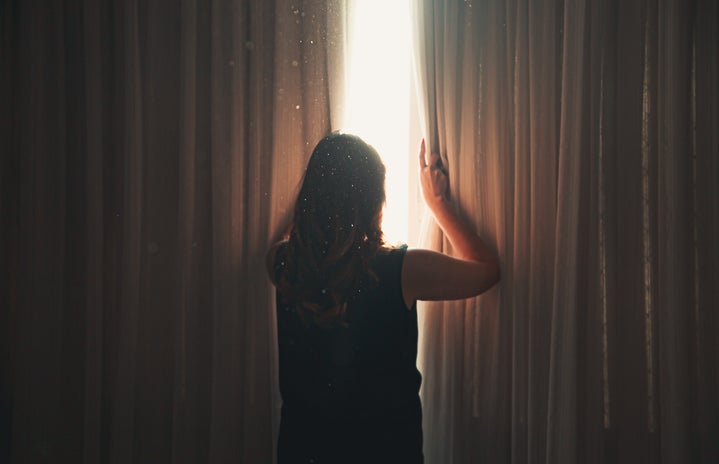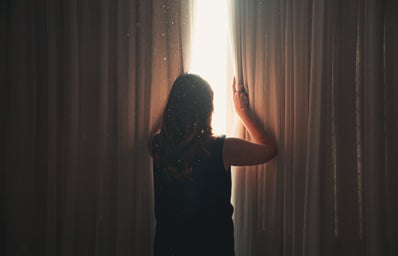I’ve always felt the need to be selective when revealing my Jewish identity to others. When I do reveal it, I’m conscious of making a good impression. I feel the vulnerability of the Jewish people, who have fallen victim to hatred on countless occasions, even being expelled from 109 countries throughout our history. Wearing a Star of David around my neck can at times feel like an advertisement, making me hyper aware of my surroundings and whether I’m being enough of a model representative of my people. With two grandparents who survived the Holocaust and another who was occasionally beaten on his way home from school in Toronto because he was Jewish, I had a deep awareness of antisemitism from a young age. While I recognize my privilege in being able to hide my Jewish identity if necessary, it is not a privilege to feel a rush of fear when faced with the possibility of an antisemitic attack when that identity is revealed in public. It is not a privilege to wonder when my mezuzah (a decorative case containing a blessing) disappeared from the front door of my apartment, whether this incident was intentional or just an unfortunate coincidence. And it is not a privilege to require an armed security guard at all times around my Jewish high school.

Recent antisemitic events have been plentiful, including swastikas being spray-painted on storefronts in London Ontario in early February, Capitol rioters donning shirts printed with ‘6MWE’ (6 million wasn’t enough – referencing the Holocaust) and ‘Camp Auschwitz’, and a congresswoman in the United States blaming wildfires on ‘Jewish space lasers’ while spewing other Islamophobic, antisemitic, and otherwise offensive conspiracy theories. Videos circulate regularly of people shouting profanities at Jews, vandalizing synagogues, and finding other ways to target Jewish people. As of 2018, Jews were still the most targeted group for hate-motivated crimes in Canada. In the United States, Jews make up only 2% of the population, and yet were the target of 60% of religiously-motivated hate crimes in 2017. Many Jews around the world today still feel unsafe letting their religion be known in public.




